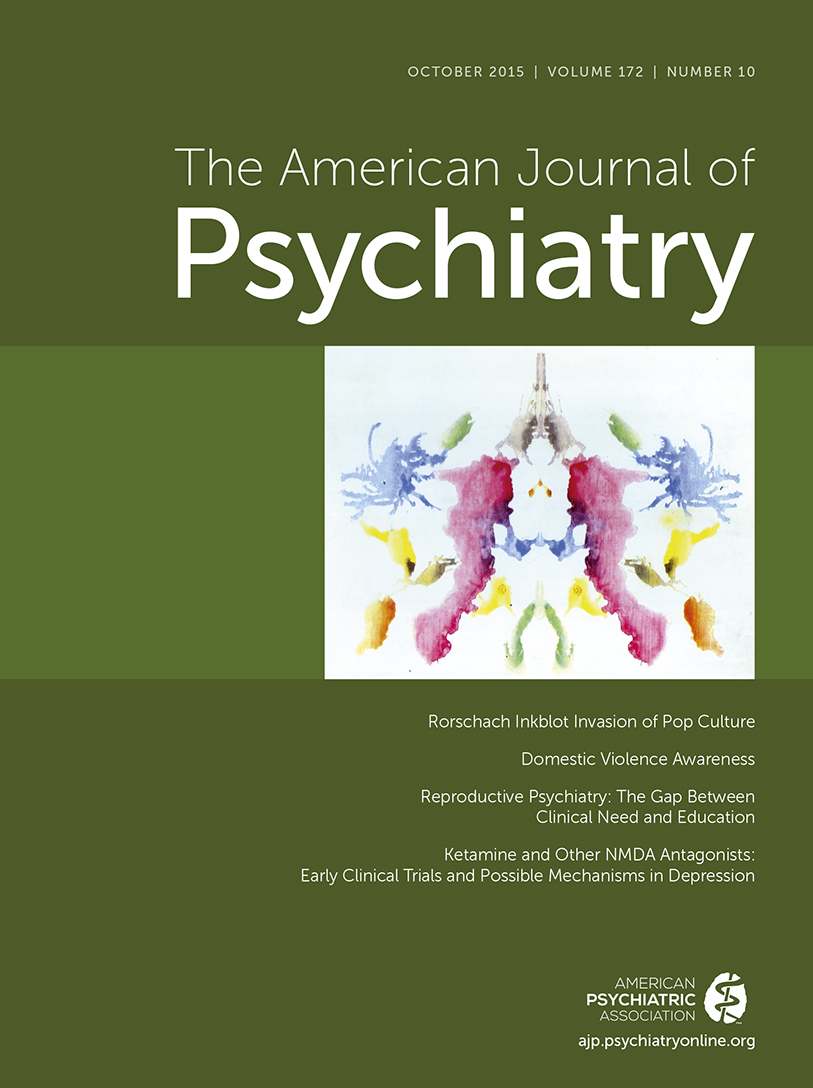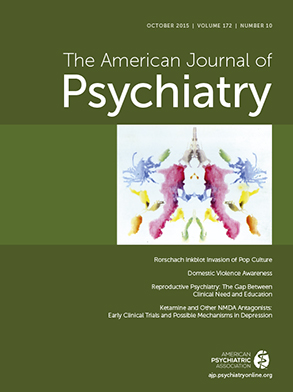Given the pace of research in the field, an update to the last edition published in 2008 is much anticipated. Overall, this edition is an important contribution. It is comprehensive and updated. The editors, who are on the cutting edge of the field, have lined up a list of contributors who are also impressive. Anyone who reads this text will be well-prepared for a certification examination and will have a good fund of knowledge for patient care.
The textbook is divided into various sections starting with the bio-psycho-social basis for addiction. It then progresses to a discussion of specific drugs of abuse and treatment options. The text concludes with special topics including adolescents, pregnant women, and prevention. Each chapter is authored or coauthored by an expert in that particular area. Another helpful feature of the book is a list of recommended readings at the end of each chapter for those who want more details.
The textbook also includes important updates. For example, it uses new DSM-5 terminology. It also incorporates some of the latest neurobiology and clinical science of addiction. Specifically, the chapters on marijuana include the latest neurobiology of the endocannabinoid system as well as an excellent review of the latest behavioral and pharmacological treatments. Additionally, the chapter on the neurobiology of addiction lays an excellent foundation, and the chapter on preventing prescription drug abuse is especially well updated and practical.
The main limitation of the text is a lack of precision and detail in certain areas. For example, the chapter on motivational enhancement cites the latest edition of the book on motivational interviewing but does not explain specifically how motivational interviewing has been substantially changed or updated.
Another example of the lack of precision and detail is found in the chapters on marijuana. The chapter on marijuana treatment (Chapter 24) states that cannabidiol (CBD) is a CB
1 and CB
2 receptor antagonist but later states that CBD potentiates the effects of Δ
9-tetrahydrocannabinol (THC) via a CB
1 receptor-dependent mechanism. At the same time, other research not included in the chapter shows that CBD has a very low affinity for the CB
1 receptor and that it may sometimes inhibit or potentiate the effect of THC, depending on the specific outcome being measured (
1). In this case, clarification and precision are needed to avoid confusion. Furthermore, the chapters on marijuana would also benefit from specific details on practical and relevant topics such as edibles, butane hash oil, dabbing, and the different strains of marijuana, including
Cannabis indica and
Cannabis sativa.
In summary, the revised Textbook of Substance Abuse Treatment is a welcome and much-needed update. Its readers will have a good fund of knowledge from experts in the field. However, many chapters require additional detail to help the reader clearly understand the subject. In view of this limitation, those who are interested in the topic may want to compare this text with the recently updated ASAM Principles of Addiction Medicine to see which text meets their needs better.

